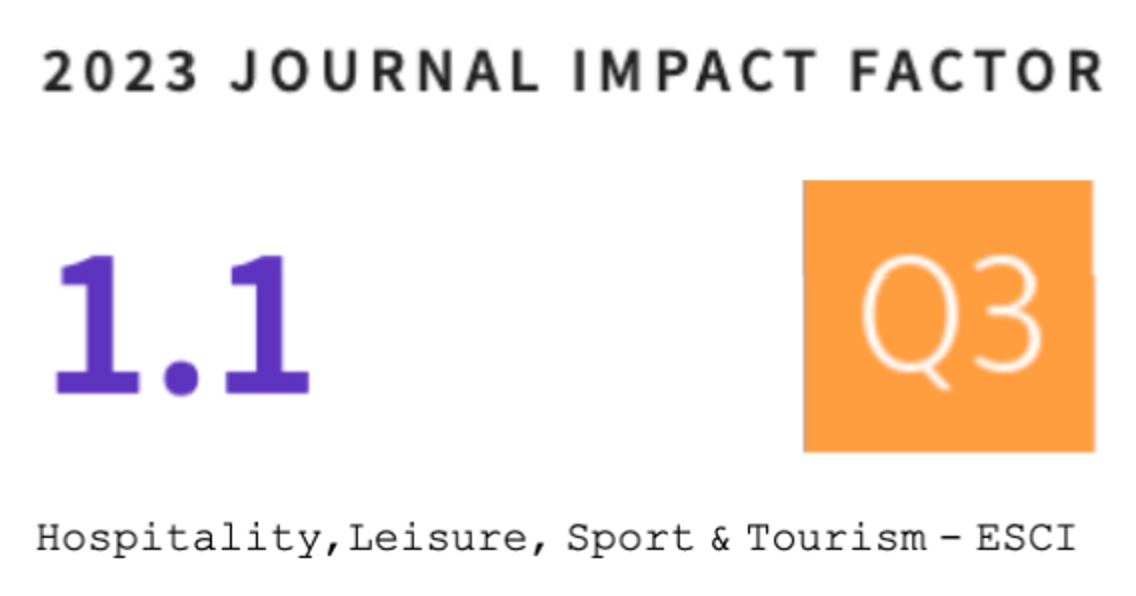Traditional assessment and its consequences. A case in the hegemonic Physical Education
DOI:
https://doi.org/10.12800/ccd.v18i58.1976Resumen
The discourse of performance in Physical Education continues to perpetuate a multitude of techniques and
decisions for student assessment and grading. Physical fitness tests are commonly employed in the school
context, often without due consideration of the resulting consequences. This current case study, using a qualitative
methodology, aims to illustrate the experiences and interpret the consequences of using physical tests among
1st year Baccalaureate students and the respective teacher. Data collection involved a total of 14 semi-structured
interviews and two-month participant observation recorded in a field diary. As the findings illustrate, the
expressed emotions reveal a dichotomy between students who feel motivated by assessment tests and those who
experience frustration after completing them, largely influenced by their skill level. Conversely, the teacher
exhibits an urgent need to standardize the tests and shelter behind its presumed neutrality. The conclusions
highlight the necessity of reflecting on the consequences of these persistently replicated practices, in order to
progress towards more formative and participatory assessment processes.
Descargas
Publicado
Cómo citar
Número
Sección
Licencia
Derechos de autor 2023 Creative Commons Attribution License

Esta obra está bajo una licencia internacional Creative Commons Atribución-NoComercial-CompartirIgual 4.0.
Los autores que publican en esta revista están de acuerdo con los siguientes términos:- Los autores conservan los derechos de autor y garantizan a la revista el derecho de ser la primera publicación del trabajo al igual que licenciado bajo una Creative Commons Attribution License que permite a otros compartir el trabajo con un reconocimiento de la autoría del trabajo y la publicación inicial en esta revista.














